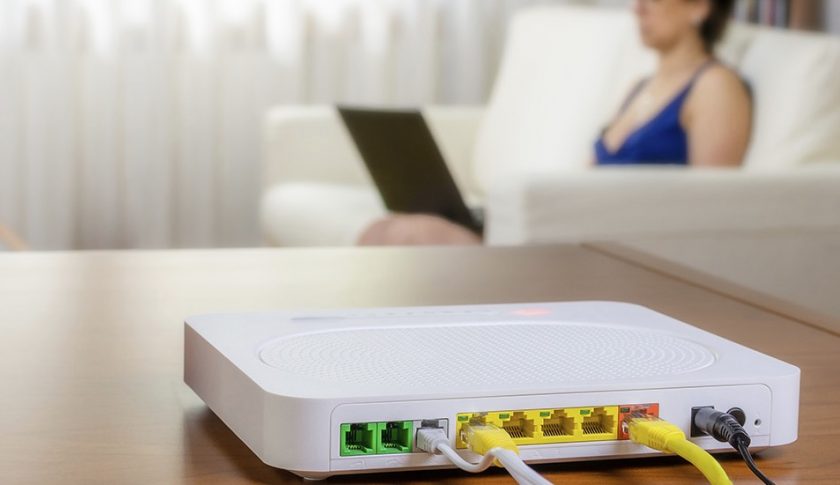Fears of slower broadband speeds affecting take up of social tariffs, warns Which?

Broadband speed worries are putting eligible households off signing up for discounted broadband deals, according to Which?
The consumer champion is calling on telecoms providers to improve their social tariff offerings and allow eligible customers to switch without fees.
Social tariffs are special discounted deals available for certain low-income customers – typically those in receipt of benefits, such as Universal Credit. However, according to Ofcom, only 136,000 (3.2%) out of the 4.2 million households receiving Universal Credit are on a social tariff.
Which? surveyed more than 2,000 people eligible for fixed broadband social tariffs to uncover the barriers to signing up. Worryingly, four in 10 (39%) of those surveyed who are eligible for and aware of social tariffs do not intend to sign up at all – meaning they could be missing out on much-needed discounts.
The main reasons cited for not switching among those aware of social tariffs were fears that the social tariff speed offered was too slow (44%), not being able to leave a current contract (32%), the deal not being good enough (24%) and lacking information (24%).
Six in 10 eligible households surveyed said they were completely unaware social tariffs exist – with half (51%) of this group saying they were likely to switch after hearing about social tariffs.
Which? and it is concerned that “some broadband providers only offer slower than average connections for social tariffs, while others still do not offer them at all – potentially trapping customers who could be eligible for discounted deals on expensive contracts.”
Which?’s research found three national providers for fixed broadband currently only offer social tariffs with average speeds of 38mbps or less – significantly lower than the median UK download speed of 59 megabits per second – Sky, NOW and Vodafone.
“While these connection speeds will work sufficiently for some households, they may not be enough for those with more demands on their broadband – for example, families with multiple people using the internet.”
“Some providers – including EE, Plusnet, Shell and TalkTalk – still do not offer their own social tariffs.” Which? has said.
Customers are generally able to switch to their own provider’s social tariff without paying exit fees on their current contract – although providers are not always upfront about this.
“However, people are often asked to pay these fees to move to another firm’s social tariff mid-contract.” Which? said.
“This means that customers with providers who do not offer social tariffs or only offer lower speed social tariffs could find themselves unfairly penalised for trying to move to a social tariff which better meets their needs.” The consumer champion said.
Which? notes that three providers – Virgin Media, BT and Hyperoptic – all offer several social tariff offerings at different speeds at various price points.
Virgin Media currently offers a 15mbps social tariff for £12.50 a month. This is significantly slower than its slowest commercial tariff and something Ofcom has previously criticised the firm for. However, it is now due to introduce a faster 50mbps tariff for £20 – allowing those with more demands on their internet to choose a connection suitable for them.
BT offers a 36mbps social tariff for £15 a month and a 67mbps deal for £20 to new and existing customers. Hyperoptic also offers two social tariff options at higher speeds of 50 mbps for £15 or 150mbps for £25 to both new and existing customers.
As part of its cost of living campaign, Which? is calling on all providers to offer a range of social tariffs to suit every households’ needs and ensure they are properly advertising all their social tariff offerings to new and existing customers.
Rocio Concha, Which? Director of Policy and Advocacy, said.
“People who are struggling financially and trying to make savings during the cost of living crisis should not be made second-class citizens when it comes to broadband – which is vital for work, education and family life.
Rocio added: “Our research shows that lack of awareness and concerns about slow connections are major factors hampering take-up of social tariffs – so broadband providers need to do more to promote their social tariffs to low income customers and improve their range of options to ensure that these deals fit customers’ needs.
“Providers must also make sure people do not have to pay Early Termination Charges (ETCs) to move to another firm’s social tariff. During a cost of living crisis, people should not be left trapped in a deal which does not work for them due to high exit fees.”
Spotted something? Got a story? Email: [email protected]
Latest News
